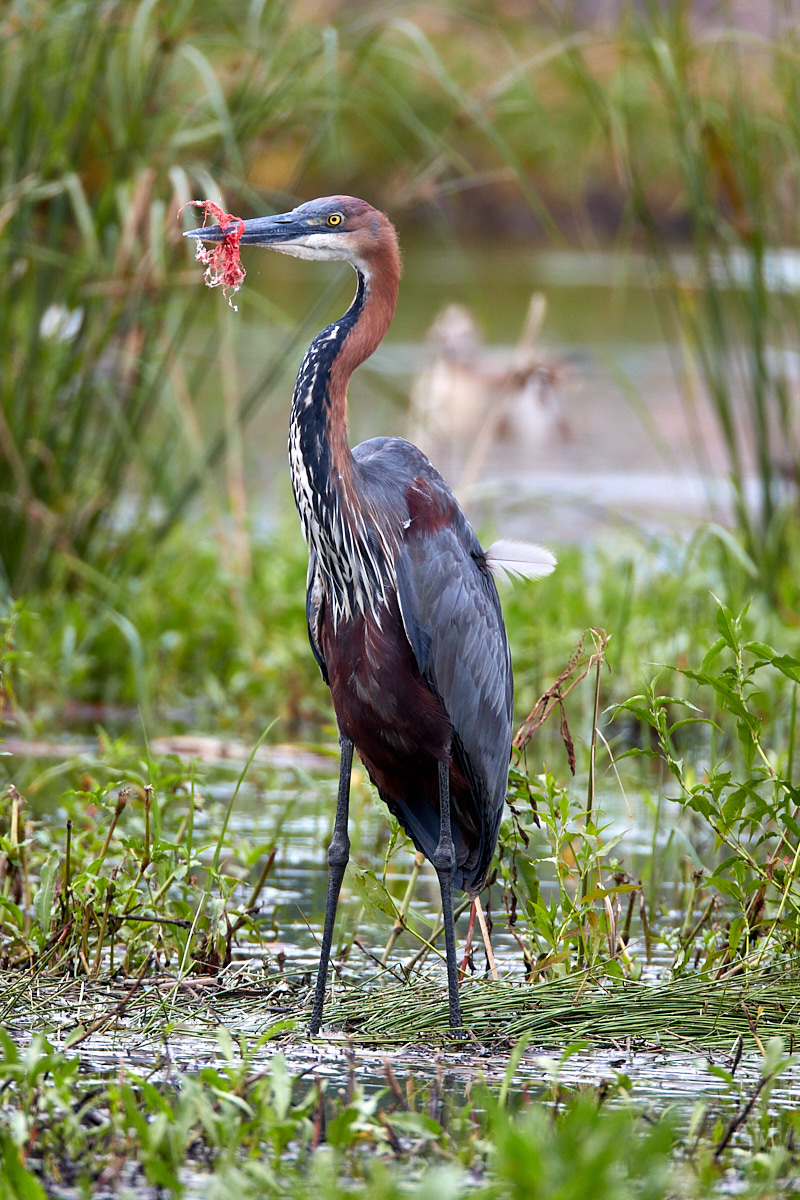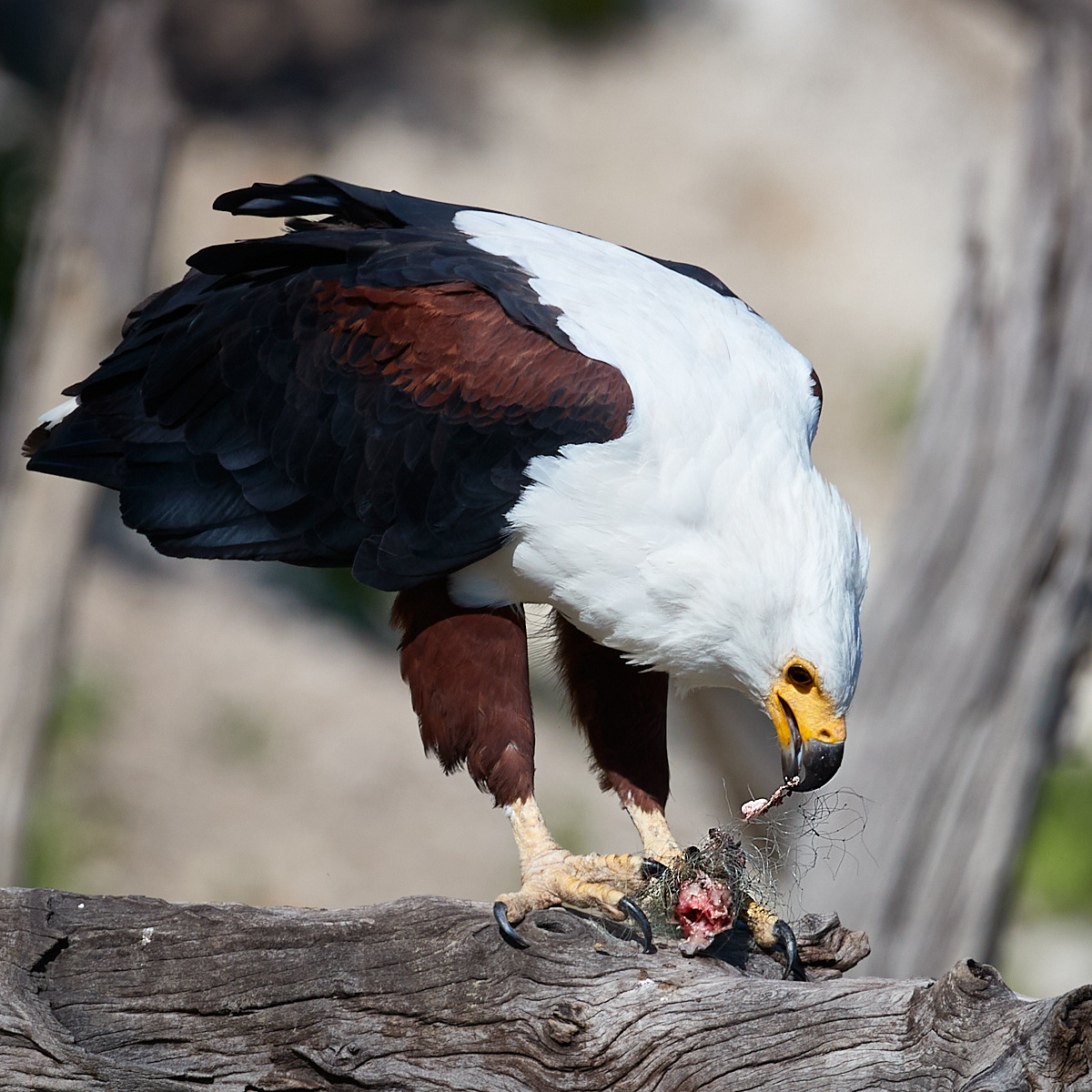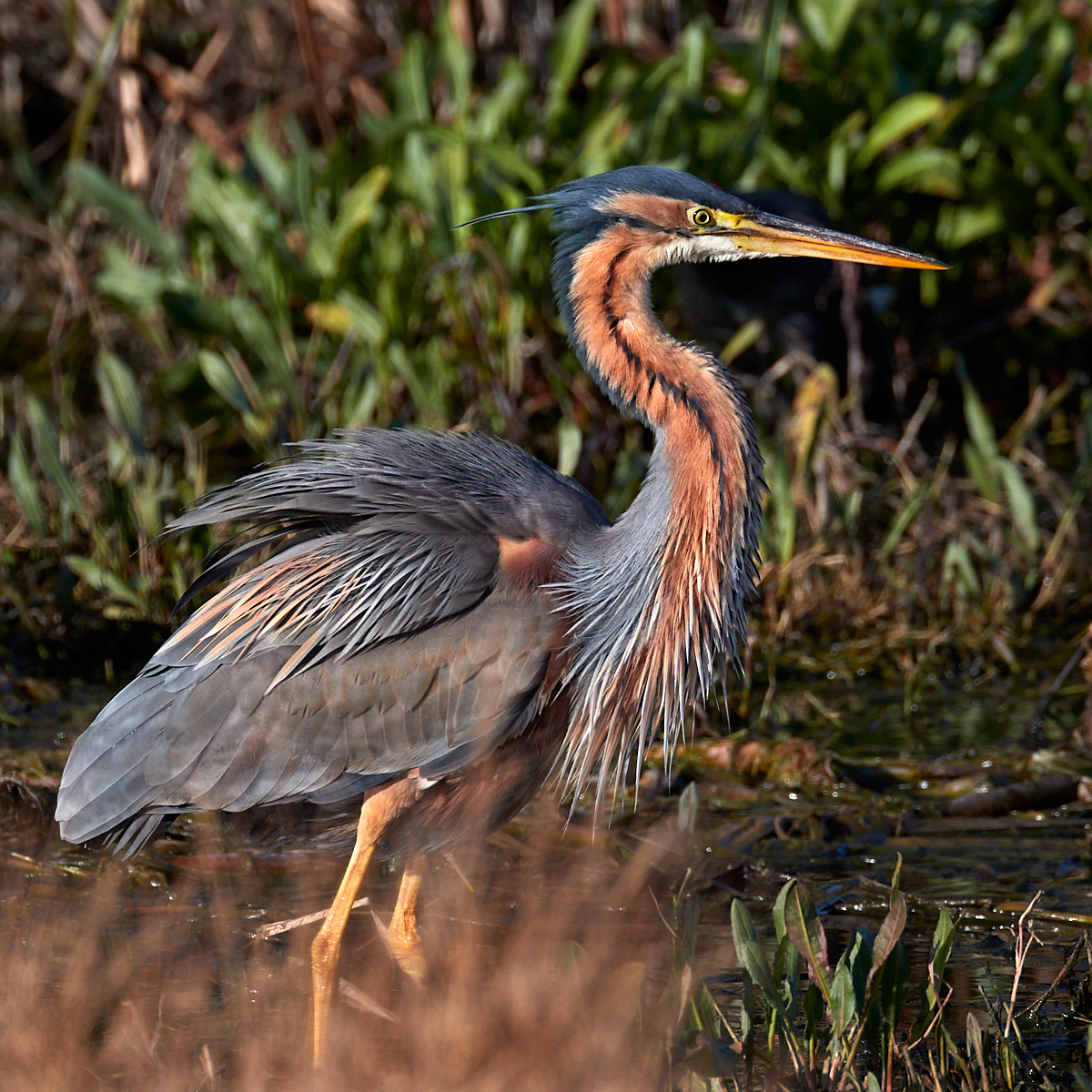BLOG
Dogs, Birds and Idiots
TRACKS IN THE SAND

Follow the footprints of birds or dogs on the beach and sooner or later, you may come across a little pile of biodegradable poo!
Follow the footprints of mankind and inevitability you will come across their picnic site... You will instantly know what they had for lunch, what they drank, if they had a baby in nappies and the carry bags will give you a clue as to where they went shopping for all of the above.
We have all seen the evidence of mankind's blatent disregard for the environment and fellow beach lovers but what action did we take to prevent this disgusting behaviour?
I suppose most people will ask, but what can we do to stop them.
Well, that's exactly where the problem lies. Its not them that we should be educating, its our own micro actions that need to be addressed. Micro actions on a large scale lead to macro consequences.
Our daily morning coffee in a plastic cup on the way to work somehow seems to have no consequence once we toss it into the nearest garbage bin. Right, wrong! Somehow we beleive that because we are far away from the "natural world", our actions and behavior is alienated from the devastating effects of our micro actions.
MICRO ACTIONS IN LARGE ENOUGH QUANTITIES CREATE DEVASTATING MACRO EFFECTS - THE NET EFFECT
In our state of alienation, our actions no longer seem to have any consequences on the natural world that exists in apparent isolation to our human environment. This couldn't be further from the truth. When we talk about climate change we often place the blame on the industrial giants of the world. Too often we forget that our daily actions are just as important. The culture of littering our human habitat with single use plastic that ultimately finds its way into our rivers, wetlands, and oceans is a classic example.
SOME EXAMPLES TO PONDER OVER

This Goliath Heron experience the effects of our actions, first hand. A plastic orange bag ended up in a conservation wetland area and the bird got its bill caught in the bag. It was so tightly wrapped that the frightened creature struggled for an entire day to pull it off, without success.
The net effect of this would mean certain death due to starvation as without being able to open its bill, the bird would not be able to catch fish to feed itself. We tracked this bird for a few days until it finally dissapeared with the bag still attached and was never seen again.

This Fish Eagle caught a fish that had been trapped in a gillnet. The small apperture net allows the fish to get its head through but is too small for the body to pass through. The fish tries to reverse and gets its gills caught in the net. The fish struggles for hours until it finally dies of exhaustion, a gruesome inhumane death.
Gillnet fishing is illigal in many parts of the world but despoite this, they are still widely used.
The Fish Eagle retrieved a fish with the net still attached and was seen eating the fish AND parts of the net. It is unkown what effect that net would have on the internal dietry tract of the bird, but I am certain that it was not an ideal situation.
BIODIVERSITY
In his keynote address at Ireland’s second National Biodiversity Conference in Dublin Castle, Taoiseach Micheál Martin summed it up perfectly.
“Too often, we forget that we all depend on nature for everything we have,” he said. “What is good for nature is ultimately good for society and the economy. Sometimes we have lost sight of this – we didn’t understand well enough the ecological consequences of our actions, or the social or economic prerogative did not take the value of nature into account.”
He also added "Climate change accelerates biodiversity loss, and biodiversity loss drives climate change."
SUSTAINABLE DEVELOPMENT
The Sustainable Development Goals (SDGs), were adopted by the United Nations in 2015 as a universal call to action to end poverty, protect the planet, and ensure that by 2030 all people enjoy peace and prosperity. The 17 SDGs are integrated—they recognize that action in one area will affect outcomes in others, and that development must balance social, economic, and environmental sustainability.
The need to explore all possibilities that will influence and align our current urban experience with environmental sustainability has never been greater.
EDUCATING ON SUSTAINABILITY
At a recent lecture about sustainability given by Kristina Centnere, she said “It’s not the planet we are fighting for, the planet will do just fine without us. It’s our own extinction we are looking to prevent.”
She also pointed out “Research done on an educated segment of the population revealed that only 37% could accurately connect their own micro actions, such as recycling their daily coffee cup, to the macro effects that these actions have on the environment.”
To fix the problem we need to start understanding how we got to this point. More importantly, we need to understand the magnitude of the problem. How many of us are aware that in the last 60 years, the populations of wild animals has reduced by 69 percent? Are we aware the we have already cleared over 3 trillion trees? Do we know that 8 million tons of plastic litter ends up in our oceans each year?
Sustainability is no longer a luxury, it’s a necessity. Kristina sites education as the primary tool to address the problem and points out that because we all learn in different ways, we need to find innovative ways to educate people.
Education can reverse our blind assault on the planets’s natural habitat. The significant role that green energy, indigenous trees and a healthy ocean can play in restoring the balance cannot be overemphasized.
SO WHERE DO YOU STAND?
I have intentionally left the answer to this question blank. You are welcome to decide and answer for yourself. Perhaps it would also be wise to discuss your anwswer with your children, their future depoends on it.




